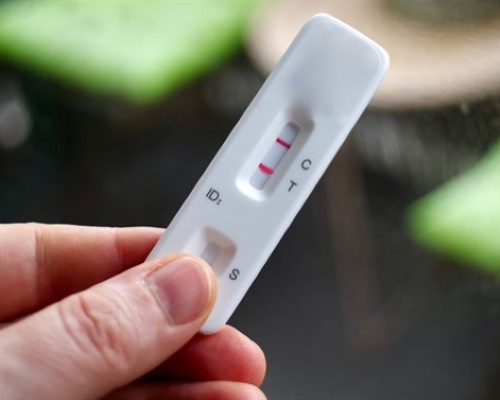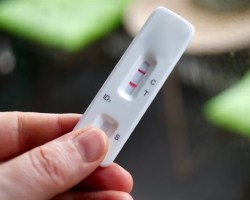(CNS): The Office of the Auditor General found no evidence of inappropriate actions by the civil service over the procurement of lateral flow tests to help manage the COVID-19 pandemic last year and that decisions made by Cabinet members were “reasonable and appropriate”. However, Auditor General Sue Winspear said clarity is needed around emergency decisions to acquire goods or services and ministers should always stay out of the procurement process once the decisions are made and documented.
In November 2021 Cabinet, including the governor and deputy governor, asked Winspear to review the issues that arose during the procurement of LFTs after two ministries each made a separate order, one of them with a local supplier that threatened to sue the government when that order was cancelled.
In the short report on her findings, Winspear set out the chain of events that led the government to pursue two separate orders, one with a UK supplier and another with a local medical company. She found that there are questions surrounding the procurement law and whether or not Cabinet is an ‘entity’ as defined by the law when it comes to emergencies. She also said that when the government’s inner circle makes a decision about procurement, even as a result of an emergency, those decisions must be properly documented.
The auditor general made three key recommendations as a result of her findings. One is that once Cabinet makes a decision to purchase something, there should be no further political interference, not least to protect them from the inherent risks of procurement exercises, such as allegations of unfair practices and cronyism.
“It is best practice for the civil service to deliver a procurement process without any political input once the decision to procure is made,” Winspear wrote in her first recommendation. “Once a procurement process is delegated to the civil service to implement, ministers must not intervene in that process.” She said they can ask questions and even make suggestions as they hold the civil servants involved to account but they should not directly participate in or influence the procurement exercise.
In this case, while Winspear concluded that no one was doing anything wrong, it appears ministers did become involved in the process after Cabinet made decisions to purchase. She also found that those decisions should be better documented since much of the decision-making over the proposed acquisition of some two million LFTs appears to have been directed by word of mouth.
It also appears that while the health ministry was making one order for half a million kits from a local supplier, the education ministry went ahead and made plans for a separate order to deal with the tests needed for schools. Finance Minister Chris Saunders was also directly involved, as he cancelled a preliminary order made by the health ministry.
Winspear said that Saunders had called Randy Merren, the owner of Blue Water Medical Supplies, the company contracted to sell half a million tests to government, and cancelled that order around the same time that Education Minister Juliana O’Connor-Connolly had asked Cabinet to allow her ministry to purchase one million test kits from a UK-based company, Crown Agents, under Cabinet’s emergency powers.
Previous negotiations with that British supplier had broken down a month before, which had led to the health ministry ordering half a million test kits from Bluewater to fill the gap until a larger order was successfully settled.
It is not clear from Winspear’s report if O’Connor-Connolly had presented her request to Cabinet because of the month-long delay in placing even the small order. However, the OAG said the education ministry decided to ask Cabinet to approve the purchase of one million LFTs from Crown Agents using
the “emergency” provision. The report found that, given the situation relating to the pandemic and the need for school tests, it was reasonable for the minister to suggest it was an emergency.
Shortly after the order with Bluewater was cancelled by Saunders, the local company, which had already ordered the tests, sued the government but the legal action was stopped when the government replaced the order. Winspear has made no comment in the report on the comparative prices of the tests, which were in the end acquired from both Bluewater and Crown.
In her recommendations, Winspear points out that the procurement law needs to make it clear whether or not Cabinet can make directions in an emergency about who should get a contract as well as when and how an emergency situation is declared. She also stressed the need for decisions like these to be properly recorded in the Cabinet minutes, as that is the only formal record of all of the decisions made by the political arm of government.
See the report in the CNS Library.



